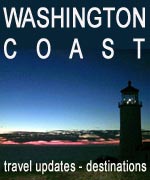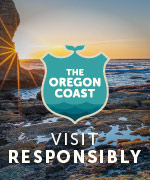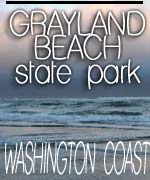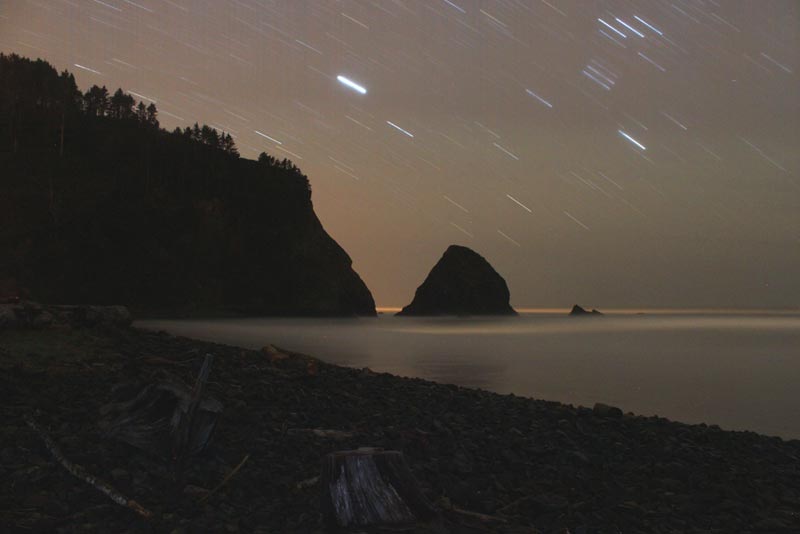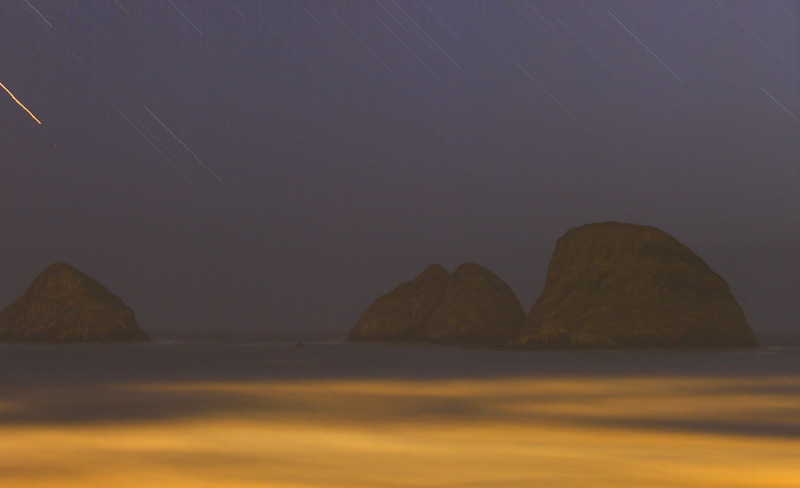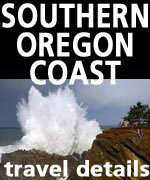Meteor Showers and Bright Planets for Washington / Oregon Coast
Published 08/01/21 at 1:15 AM PDT
By Oregon Coast Beach Connection staff
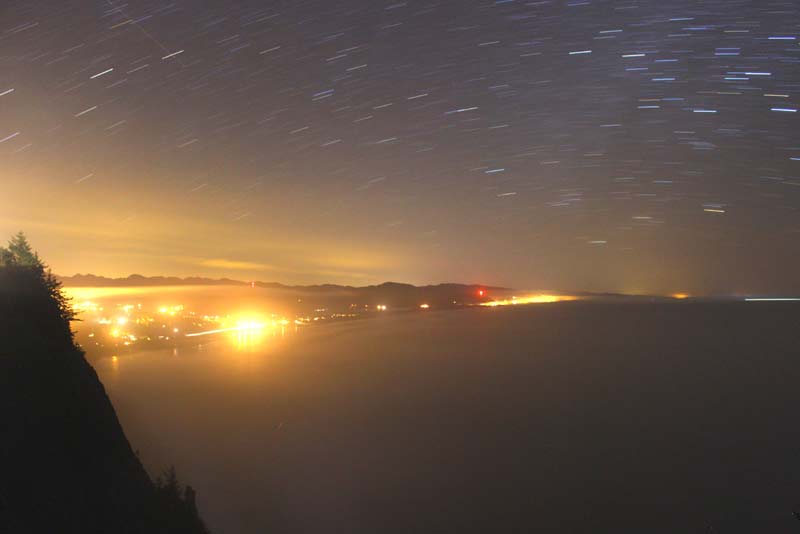
Includes exclusive listings; some specials in winter
In Cannon Beach:
Includes rentals not listed anywhere else
In Manzanita, Wheeler, Rockaway Beach:
Some specials for winter
In Pacific City, Oceanside:
Some specials for winter
In Lincoln City:
Some specials for winter
In Depoe Bay, Gleneden Beach:
Some specials for winter
In Newport:
Look for some specials
In Waldport
Some specials for winter
In Yachats, Florence
Some specials for winter
Southern Oregon Coast Hotels / Lodgings
Reedsport to Brookings, places to stay; winter deals
(Manzanita, Oregon) – Two major astronomical sights will be visible along the Washington and Oregon coast in August – albeit dependent on cloud conditions.
One happens in a week and a half, but one may or may not be visible from the coastlines tonight, August 1.
The added bonus to all this is if you head out onto the beaches at night this summer, you may get to also glimpse glowing sand or glowing waves.
According to Jim Todd of Portland's OMSI, right about now is perfect to look low in the southeast an hour or two after sunset. The planet Saturn will reach opposition from us and thus will be fully illuminated by the sun. However, it may be more visible from inland places: coastal hills or mountains often block views to the east.
Then 18 days later, Jupiter will reach opposition on Thursday, August 19.
In either case, both planets remain visible throughout the summer.
The biggest news for the skies of the Washington and Oregon coastlines is the Perseid meteor shower, however. They've already started back on July 17, but they peak on August 11, 12 and 13 this year. It goes all the way through August 26.
Luckily, the moon will be waxing at that point, Todd said, at a 13 percent crescent. However, it won't set until late evening hours.
“Still might see up to 40 to 50 meteors per hour at the shower's peak,” Todd said. “The Perseids are one of the brighter meteor showers of the year.”
Even in the early days of August they'll be visible, slowly picking up steam.
“Made of tiny space debris from the comet Swift-Tuttle, the Perseids are named after the constellation Perseus,” Todd said. “This is because the direction, or radiant, from which the shower seems to come in the sky lies in the same direction as Perseus.”
Todd said you could possibly be able to see 60 to 100 meteors per hour if you're in a dark enough place.
Todd said August 12 will be your best chance to spot more of them, but of course that means skies must be clear. On August 11 past midnight into the 12th, the Earth will be closest to the core of comet 109P/Swift-Tuttle. However, the peak is over three nights, so your chances are still sizable throughout those evenings. Most of the flying sparkles will appear to be coming from within 50 degrees of the “radiant,” which is between Perseus and Cassiopeia.
“The further you watch from August 12, the weaker the display will be,” Todd said. “Start watching on the evening of the 12th as soon as it darkens and the radiant near the Double Cluster in Perseus clears the horizon after midnight.”
Every year, our planet passes through debris left by comets in our solar system. The result is a flurry of shooting stars: small chunks of interplanetary rock and debris called meteoroids that crash and burn up high in earth's upper atmosphere. They rocket through at thousands of miles per hour and catch fire because of friction with the atmosphere, usually about 30 to 80 miles above the ground.
“Most are destroyed during entry; the rare few that survive and hit the ground are known as meteorites,” Todd said.
The Perseid Meteor Shower is the most well-known of them.
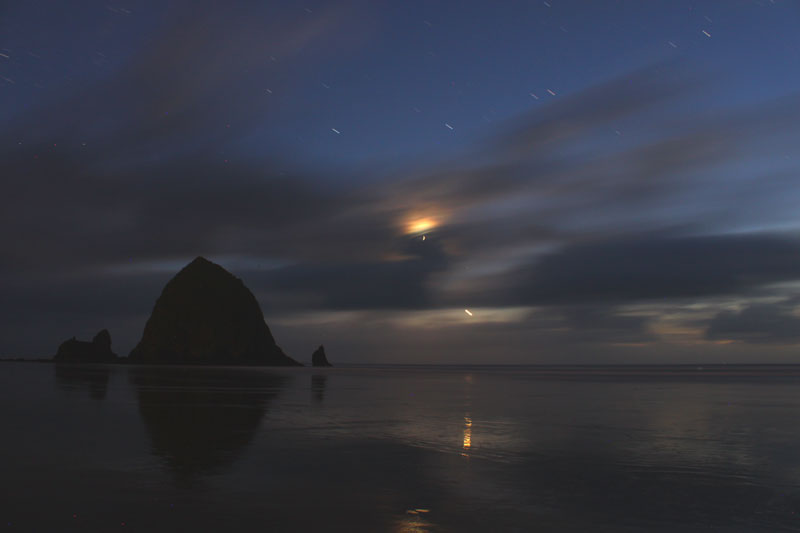
“Depending on where earth and the stream meet, meteors appear to fall from a particular place in the sky known as the radiant,” Todd said.
Dark places will be prime, of course. The remote beaches of the Olympic peninsula and northern Washington coast will be especially devoid of light, as well as any spot outside of a town along the southern Oregon coast, such as Ariya's Beach or the Samuel H. Boardman Scenic Corridor. On the north Oregon coast, high vantage points away from lights will be exceptional, such as Cape Foulweather near Depoe Bay or the Neakhanie overlooks at Manzanita.
Oregon Coast Hotels for this event - South Coast Hotels - Where to eat - Maps - Virtual Tours
Cannon Beach Lodging
Nehalem Bay Lodgings
Manzanita Hotels, Lodging
Three Capes Lodging
Pacific City Hotels, Lodging
Lincoln City Lodging
Depoe Bay Lodging
Newport Lodging
Waldport Lodging
Yachats Lodging
Oregon Coast Vacation Rentals
Oregon Coast Lodging Specials
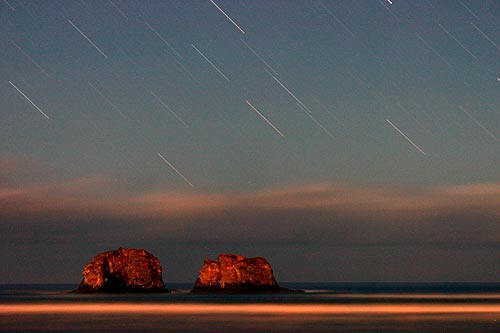
More About Oregon Coast hotels, lodging.....
More About Oregon Coast Restaurants, Dining.....
LATEST Related Oregon Coast Articles
The building had also been robbed of pipes and copper by other thieves. True Crime, Astoria, Warrenton
Oregon Coast Crabbing Petition Denied, Rulemaking Process Remains on Course
A petition on procedural matters denied; no major changes yet. Whale
S. Oregon Coast Wind Warnings, Waves Up To 23 Feet
Gusts up to 65 and high waves for the weekend from Reedsport to Brookings. Weather
Newport Latest Oregon Coast Town to Ban Personal Fireworks Year-Round
City countcil voted this week; the pro fireworks display goes on as usual
Hazardous Seas Watch on N. Oregon Coast, S. Washington Coast, Waves Up To 15 Ft
Beaches will require caution but some good wave shows possible
Annual 'Maine' Event Returns to N. Oregon Coast's Seaside Aquarium
February 22 brings the fundraiser to Seaside. Seaside events
From Taking In Cool Oregon Coast Colors on the Patio to Seaside's Action
Review of Seaside's Seashore Inn on the Beach: spectacle with breakfast and your dog. Seaside hotel reviews
Oregon US Coast Guard Team Assists in Olympic National Forest Rescue
Helicopter team from Astoria rescued hikers on Washington's Mount Ellinor
Back to Oregon Coast
Contact Advertise on BeachConnection.net
All Content, unless otherwise attributed, copyright BeachConnection.net Unauthorized use or publication is not permitted





